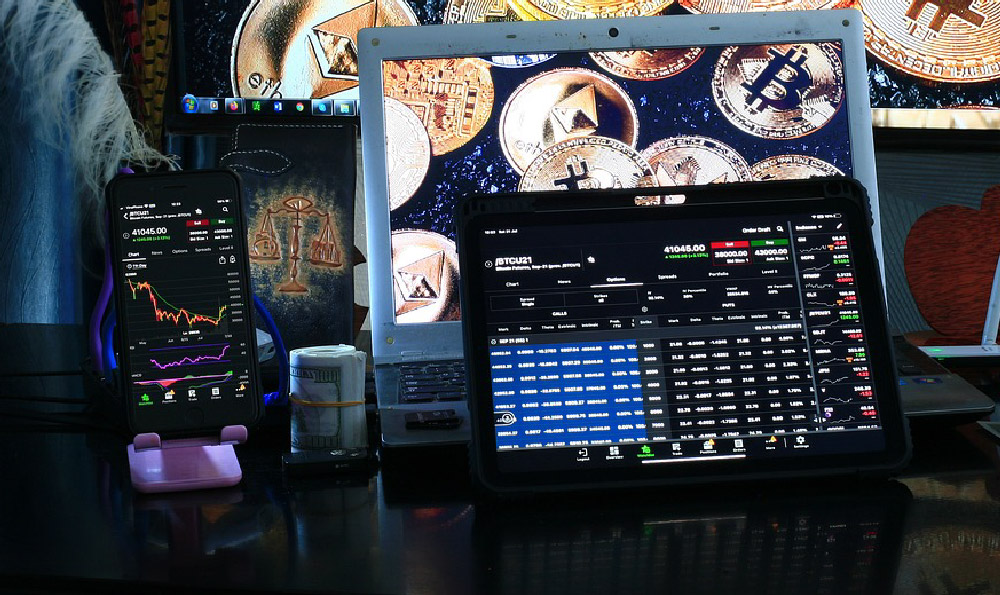Okay, I understand. Here's an article addressing the title "How to Donate Plasma for Money? Where Can You Donate?" written according to your specifications:
The human body is a remarkable machine, constantly replenishing and renewing itself. Within that intricate system flows plasma, a liquid component of blood rich in proteins and antibodies vital for various medical treatments. As the demand for plasma-derived therapies grows, so does the opportunity to contribute to healthcare while simultaneously earning compensation through plasma donation. Let's delve into the process, the requirements, and the ethical considerations surrounding paid plasma donation.
Plasma donation isn't just about getting paid; it's about providing a crucial resource that saves lives. Plasma-derived therapies are used to treat a wide range of conditions, including immune deficiencies, bleeding disorders like hemophilia, burns, and shock. Individuals with these conditions often rely on plasma donations to live healthy and fulfilling lives. The proteins extracted from plasma are used to manufacture life-saving medications, making donors integral to a complex but vital process.

The donation process itself is relatively straightforward. The first step involves finding a reputable and licensed plasma donation center. These centers are typically well-equipped, staffed by trained medical professionals, and adhere to strict safety protocols. Once you've located a center, you'll need to register and undergo a medical screening. This screening is crucial to ensure your eligibility and the safety of the donated plasma. It typically includes a physical examination, a review of your medical history, and blood tests to check for infectious diseases like HIV and hepatitis.
Once cleared, the donation process, known as plasmapheresis, begins. A needle is inserted into a vein in your arm, and blood is drawn. The blood flows through a machine that separates the plasma from the red blood cells and other cellular components. The red blood cells and other components are then returned to your body through the same needle, along with a saline solution to help replenish fluids. The entire process usually takes between one to two hours. During this time, you can often read, watch television, or simply relax.
Eligibility for plasma donation is contingent on several factors. Generally, donors must be at least 18 years old, weigh at least 110 pounds, and be in good health. Certain medical conditions, medications, and recent tattoos or piercings can temporarily or permanently disqualify you from donating. It's essential to be honest and upfront during the medical screening to ensure the safety of both yourself and the recipients of the plasma.
Where can you donate? Plasma donation centers are located across the country, often in areas with high population density. Major players in the industry include companies like CSL Plasma, BioLife Plasma Services, Grifols, and Octapharma Plasma. These companies operate numerous donation centers, and you can typically find a location near you by searching online. It's advisable to research different centers, read reviews, and compare compensation rates before making a decision. Keep in mind that compensation can vary depending on location, demand, and any specific promotions being offered.
While the financial incentive of plasma donation is appealing, it's essential to approach it responsibly. Donating plasma too frequently can potentially lead to health complications, such as dehydration, fatigue, and iron deficiency. It's crucial to follow the donation center's guidelines regarding donation frequency and to prioritize your health and well-being. Most centers allow donations no more than twice per week, with at least one day between donations.
Beyond the practical aspects, there are ethical considerations to consider. Some argue that paying for plasma encourages individuals from lower socioeconomic backgrounds to donate, potentially exploiting their financial vulnerability. However, others argue that it provides a valuable service to those in need while simultaneously offering compensation to donors. The key lies in ensuring that donors are fully informed about the risks and benefits of plasma donation and that they are not pressured or coerced into donating.
Before donating, consider these points:
- Research the donation center: Ensure it's reputable, licensed, and follows strict safety protocols.
- Be honest during the medical screening: Disclose your complete medical history and any medications you're taking.
- Stay hydrated: Drink plenty of water before and after donating.
- Eat a healthy diet: Nourish your body with iron-rich foods to replenish any lost nutrients.
- Follow the donation center's guidelines: Adhere to the recommended donation frequency and any post-donation instructions.
- Listen to your body: If you experience any adverse effects, such as dizziness or fatigue, contact a medical professional.
In conclusion, donating plasma for money can be a rewarding experience, both financially and altruistically. It provides a valuable service to those in need while offering compensation to donors. However, it's crucial to approach it responsibly, prioritizing your health and well-being and making informed decisions based on reputable information and ethical considerations. By understanding the process, the requirements, and the ethical implications, you can make a positive contribution to healthcare while earning a little extra income. Remember to research thoroughly, donate responsibly, and prioritize your health above all else.












